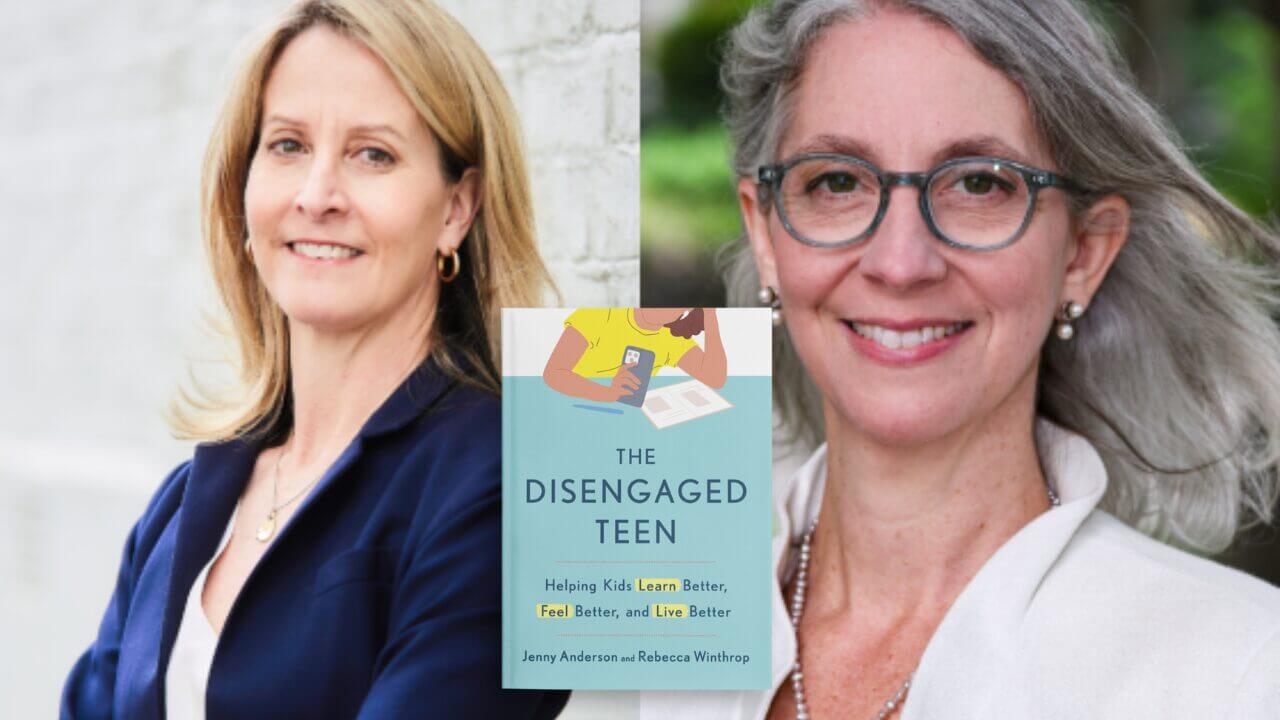Anthony S. Bryk’s “Is Fidelity of Implementation the Right Concept?”
March 7, 2017
In one of the top ten Carnegie Commons Blog posts of 2016, Anthony S. Bryk asks, “Is Fidelity of Implementation the Right Concept?” When looking at complex improvements or complex systems, Bryk concludes that if fidelity of implementation were replaced with concepts such as adaptive integration and implementation with integrity, our nation’s schools would get better faster. Research evidence from a field trial may tell us that an intervention can work, in that the average positive difference documented in the field trial (also known as the standardized effect size) means that the intervention likely worked somewhere for someone. These results, however, tell local actors nothing about whether it will work reliably in their specific context or what it might take to actually accomplish this.
From the viewpoint of adaptive integration, the central issue becomes, “What do we need to do to get this to work here?” Advancing this goal requires situated learning. We would want to ask, “Are the changes being introduced locally consistent with the original design principles that undergird the intervention?” And then, secondly, we would need local evidence as to how well the intervention, as adapted, is actually working, and for whom and under what circumstances.
And from the viewpoint of implementation with integrity, we would ask, “Are local actors engaging external research evidence in ways that might actually accomplish improvements? Are they remaining true to research-based design principles as they construct modifications to the initial intervention? Are they learning from their initial efforts how to get better? Are they engaging in their own local improvement research, and are they sharing data and learning from other sites engaging in this same improvement journey?”
If we want quality outcomes to occur more reliably at scale, these are the kinds of efforts we need to encourage. These are the capacities to inquire and learn that we must build across our field. Read the full blog post here.





